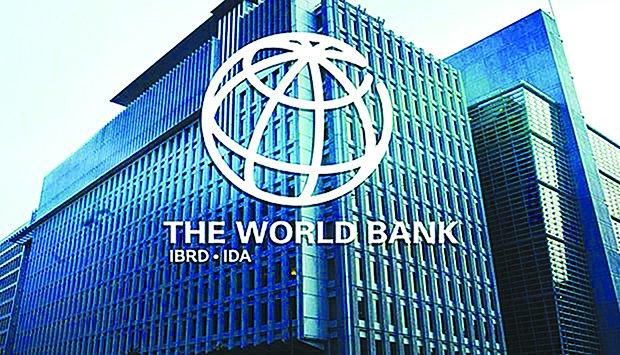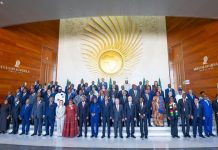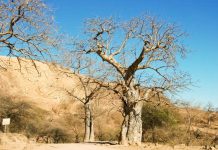Africa-Press – Angola. The third phase of the Family Farming and Marketing Transformation Project (MOSAP III) is expected to benefit 600,000 small farmers, according to the World Bank environmental consultant, João Baptista.
The official, who discussed the matter Thursday in Ndalatando, with the Provincial Government of Cuanza-Norte, in an act of public consultation, said that the new phase of the program, which has funding from the World Bank Group of US$400 million , starts in March and should last five years.
According to the consultant, the project aims to boost the process of national economic diversification, through the expansion of agricultural techniques, in addition to allowing the creation of conditions for climate resilience and food security in the country.
The environmentalist adds that the plan also foresees the reinforcement of the Commercial Agriculture Development Project (PDAC), judging by the satisfactory results it has already presented.
João Baptista informed that the project will be developed in 17 provinces of the country, with particular emphasis on those “severely affected by drought, low levels of food security and under threats of climate change”. He clarified that the province of Cabinda is the only one outside The official stressed that one of the main components of MOSAP
III is the improvement of seed quality, through specific agricultural techniques, aiming at increasing production per hectare.
In the previous phases of the project (MOSAP I and MOSAP II), the farmers had an income of 700 kilograms of maize for every 100 square meters, obtained from 30 kilograms sowed, but which, after the introduction of modern techniques, began to harvest 2,500 kilograms , with the same amount of seed planted per hectare, he said.
João Baptista advanced that the MOSAP III includes, in its structure, financing criteria for the creation of conditions for obtaining agricultural water for irrigation and for giving water to the cattle, through the creation of infrastructures and technologies that are accessible and sensitive to the climate.
The consultant believes that, with the implementation of this initiative, it will be possible to increase livestock, strengthen synergies and better integrate agriculture in support of economic diversification, especially with regard to protection against extreme winds and, with this, encourage the participation of the production of commercial products.
Implemented in 2016, under the name MOSAP and later MOSAP II, the project was created with the aim of improving food security and reducing poverty in rural areas, by increasing the production and marketing of products such as cassava, beans , corn, potato and vegetables.
MOSAP II was implemented in the provinces of Huambo, Bié and Malanje, in which 3,972 field schools were created and 97,159 peasant families were trained.
For More News And Analysis About Angola Follow Africa-Press






